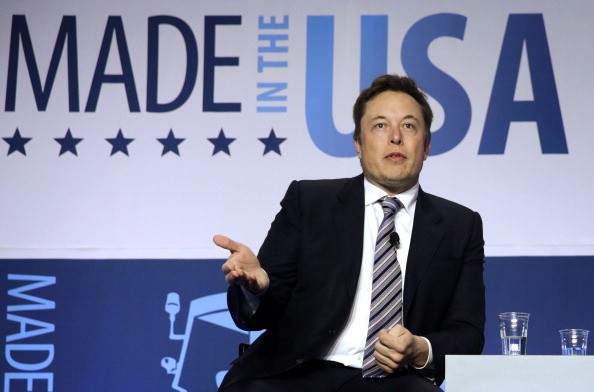Our previous report stated that Elon Musk blames drivers for Tesla errors, leading to accidental sealing off windows. The report said that it caused suffocation and may lead to death..

We found out that this is not true as the source came from a satire website, The Onion. The site's narrative suggests that Musk is blaming the drivers for the Tesla electric vehicle errors. The provided statement on the satire website is actually not true or just made up.
"Unfortunately, while it's a rare and preventable tragedy, many people are not prepared when their Tesla suddenly locks the doors, tightens their seatbelts, and slowly begins sucking oxygen from the vehicle."
There's no proof that the statement came from Musk as none of the major publications reported it. TechTimes wants its readers to be aware of the false claims from the parody website.

Current Tesla Issue
As of the moment, the United States auto safety regulators confirmed on Thursday, June 17, that they will investigate Tesla to identify the real cause of the crash accidents back in 2016.
According to Reuters' latest report, the ten incidents lead to the deaths of the Tesla drivers. Investigators currently suggest that these accidents happened when the victims used their EVs' advanced driver assistance systems.
But Elon Musk already advised its consumers that they still need to be attentive, even when Autopilot is activated. Right now, Tesla's driverless feature is still not 100% efficient.
Identifying satire, parody, and fake news
Not everyone knows what satire is or how it differs from parody and fake news.
Satire used original work or some stories that really happened. However, it used this material to express commentary views on something happening in the current situation but has nothing to do with the original work.
Parody is also different from satire and fake news. It targets the original work or story and also mimics it. As you can see on the comedy films with parody angles, there are familiar characters or, sometimes, characters with different names, but you are familiar with the behavior, situation or narrative. The aim is to imitate the person, situation, or other films in order to craft a comedic story.
Fake news, as the adjective suggests, is all false or contains misleading information. The way the content is written may be in the news format, making people think that this is true.
How to spot if a website is parody or satire?
Although it might be tricky to spot at first, checking other sources is one way to verify an information. If none of the major websites have claimed such, this is red flag that the story is not true. Some satire websites have a disclaimer to make sure that their readers will not be confused with what they are sharing. However, websites like this also use sarcasm or satire in their 'About Us' page.
Related Article : Tesla's Elon Musk Lives in a Small $50K Prefabricated House
This article is owned by TechTimes
Written by: Griffin Davis
ⓒ 2025 TECHTIMES.com All rights reserved. Do not reproduce without permission.




